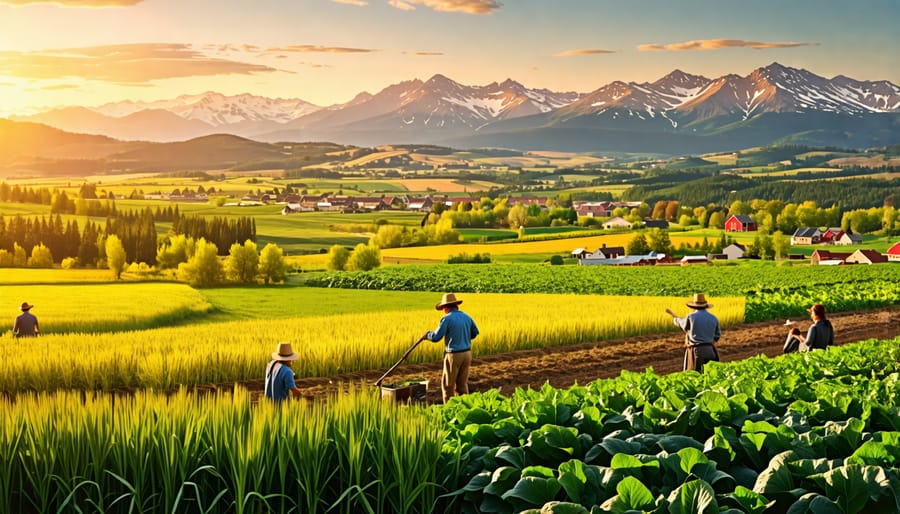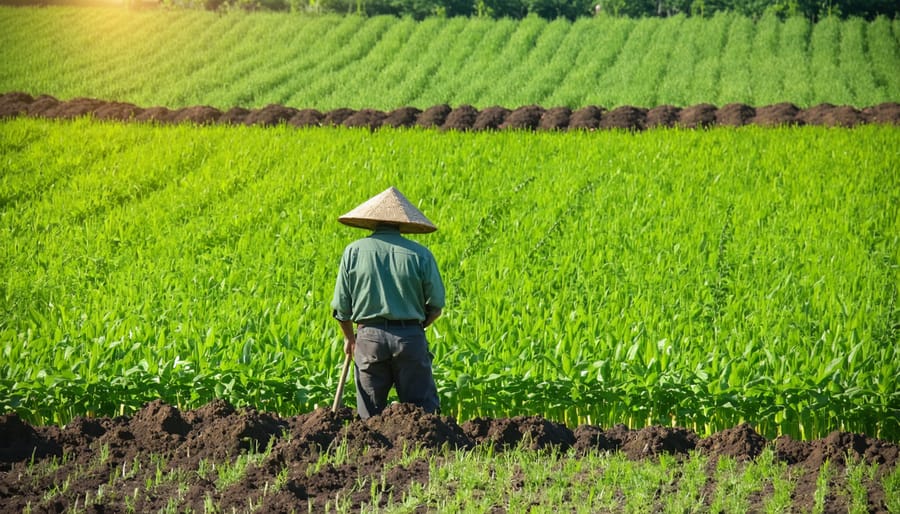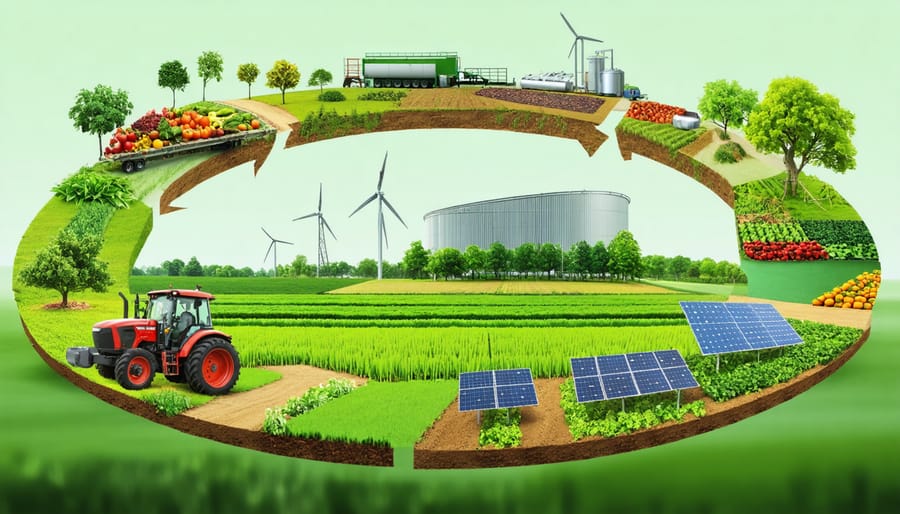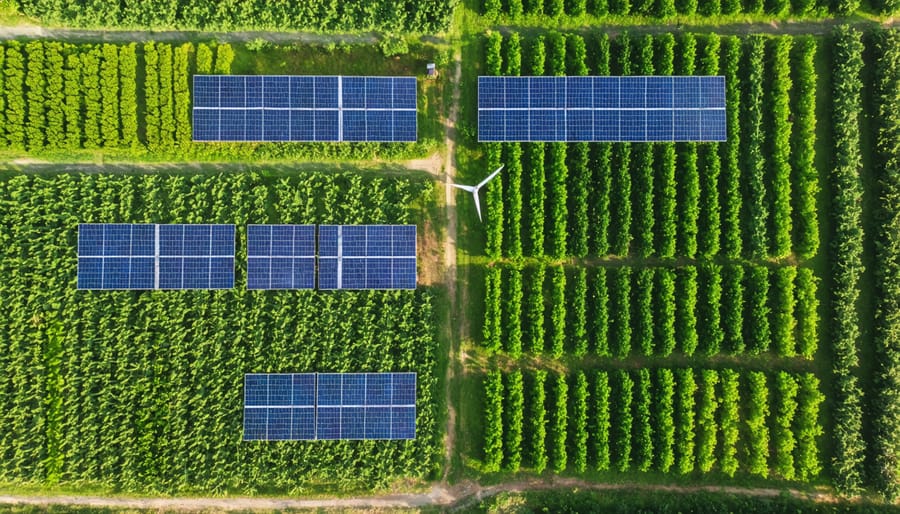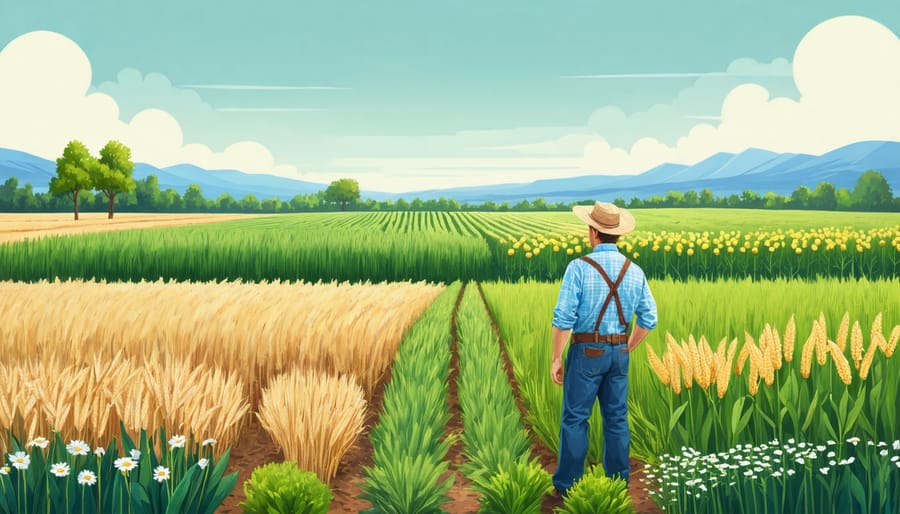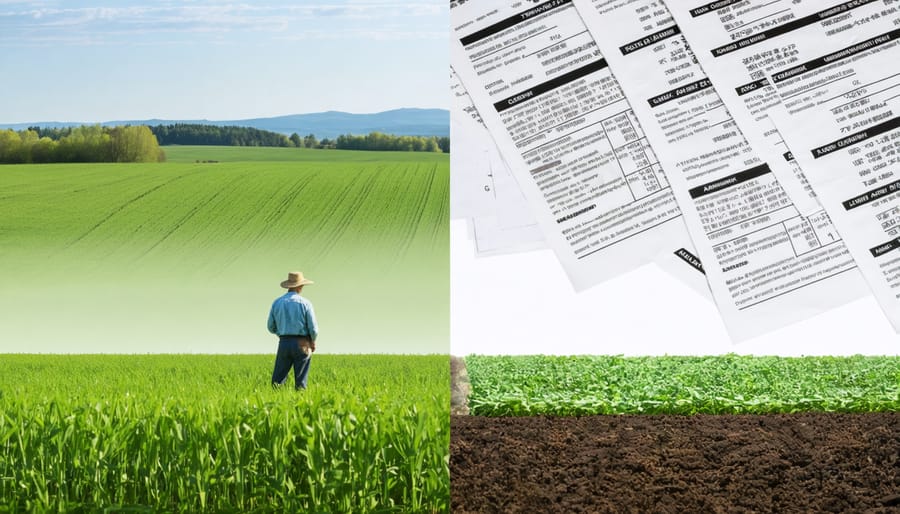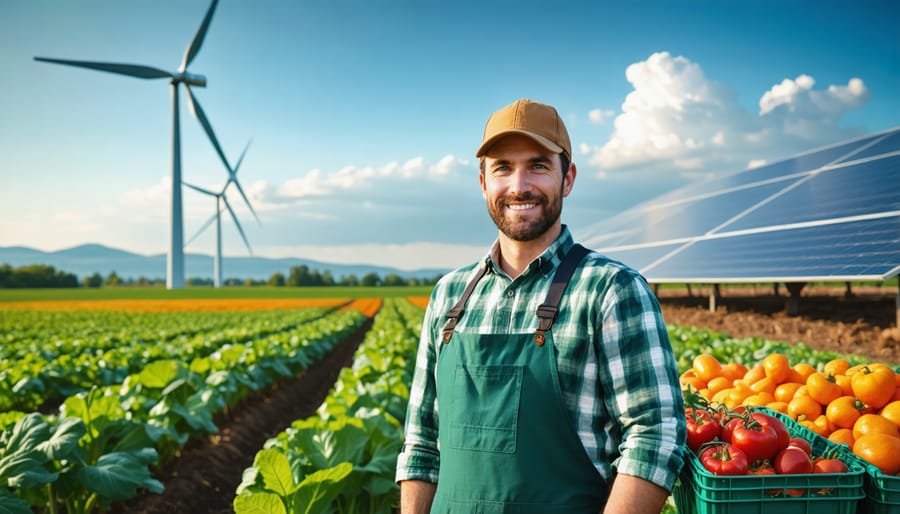Alberta, Canada’s agricultural powerhouse, stands at the forefront of a transformative movement that is reshaping the future of farming. With its vast expanses of fertile land, diverse crops, and innovative spirit, Alberta is poised to lead the charge in sustainable agriculture practices. This article delves into the heart of Alberta’s agricultural landscape, exploring the challenges, triumphs, and boundless potential that lies ahead. From the rolling prairies to the cutting-edge research facilities, we will uncover the stories of the resilient farmers, visionary entrepreneurs, and dedicated scientists who are working tirelessly to build a more sustainable and prosperous future for Alberta’s agriculture industry. Join us on this journey as we discover how Alberta is cultivating a brighter tomorrow, one seed at a time.
The State of Organic Agriculture in Alberta
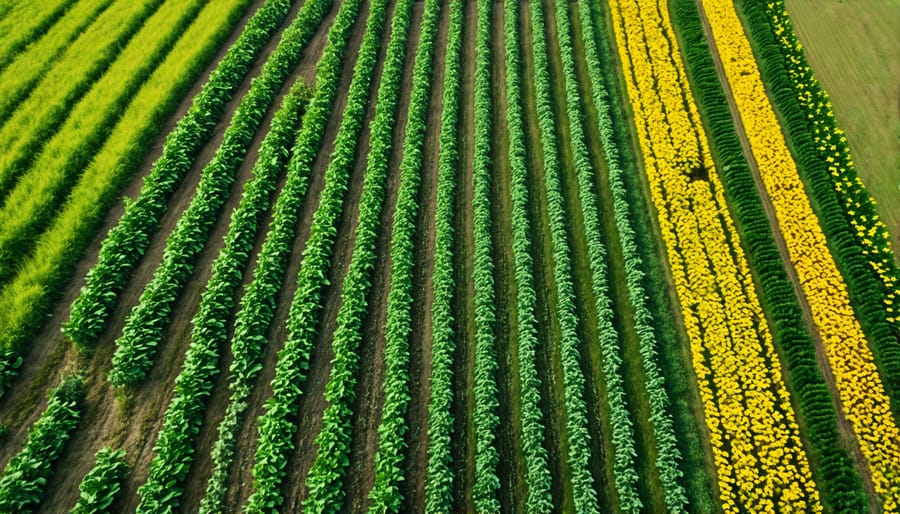
Growth and Market Demand
The demand for organic products has been steadily increasing in recent years, both in Canada and globally. Consumers are becoming more health-conscious and environmentally aware, seeking out food that is free from synthetic pesticides and grown using sustainable practices. This trend presents a significant growth opportunity for Alberta farmers who are willing to transition to organic agriculture. Organic certification can open up new markets and command premium prices for their products. Additionally, the diverse landscape and favorable growing conditions in Alberta make it well-suited for a wide range of organic crops. As the demand continues to rise, Alberta farmers who embrace organic methods will be well-positioned to meet the growing needs of consumers while contributing to a more sustainable food system. Organic Farming, The Canadian Way is here to support farmers throughout this transition, providing resources, guidance, and a strong community of like-minded individuals committed to the success of organic agriculture in Alberta.
Environmental and Economic Benefits
Organic farming in Alberta offers a multitude of environmental and economic advantages. By prioritizing soil health through practices like crop rotation and composting, organic farmers enhance soil fertility, structure, and water retention capacity. This leads to more resilient crops and reduced reliance on synthetic inputs. Moreover, organic farming promotes biodiversity by providing habitats for beneficial insects, pollinators, and wildlife. The environmental benefits of organic farming extend beyond the farm, contributing to cleaner air and water in surrounding communities.
Economically, organic agriculture creates opportunities for rural communities in Alberta. With growing consumer demand for organic products, farmers can tap into premium markets and diversify their income streams. Organic farming also encourages local processing and distribution, stimulating job creation and economic activity in rural areas. By fostering a connection between farmers and consumers, organic agriculture strengthens the social fabric of communities and promotes sustainable rural development.
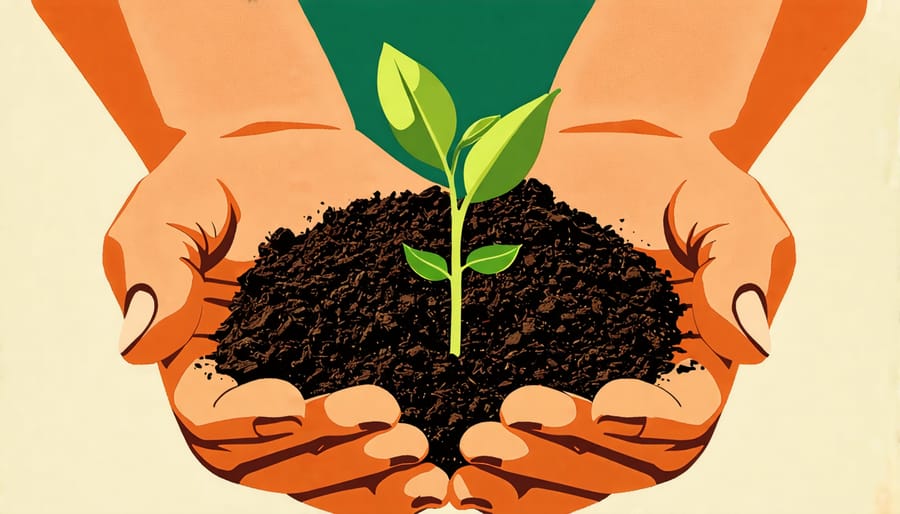
Organic Farming, The Canadian Way: Supporting Alberta Farmers
Educational Resources and Workshops
Organic Farming, The Canadian Way offers a wealth of educational resources and workshops to support farmers in their journey towards sustainable agriculture. Our webinars cover a range of topics, from soil health and crop rotation to pest management and organic certification. Led by industry experts and experienced organic farmers, these interactive sessions provide valuable insights and practical tips. We also offer comprehensive guides on organic farming practices, available as downloadable PDFs or printed manuals. These guides delve into the specifics of organic production, including case studies of successful Canadian organic farms. For those seeking hands-on learning, we organize in-person training sessions and farm tours across Alberta. These immersive experiences allow farmers to see organic practices in action, ask questions, and network with like-minded individuals. Our workshops cater to various levels of expertise, from beginners exploring the potential of organic farming to seasoned producers looking to refine their techniques. By participating in these educational opportunities, farmers gain the knowledge and skills necessary to implement sustainable practices on their own land, contributing to a healthier environment and a thriving agricultural community in Alberta.
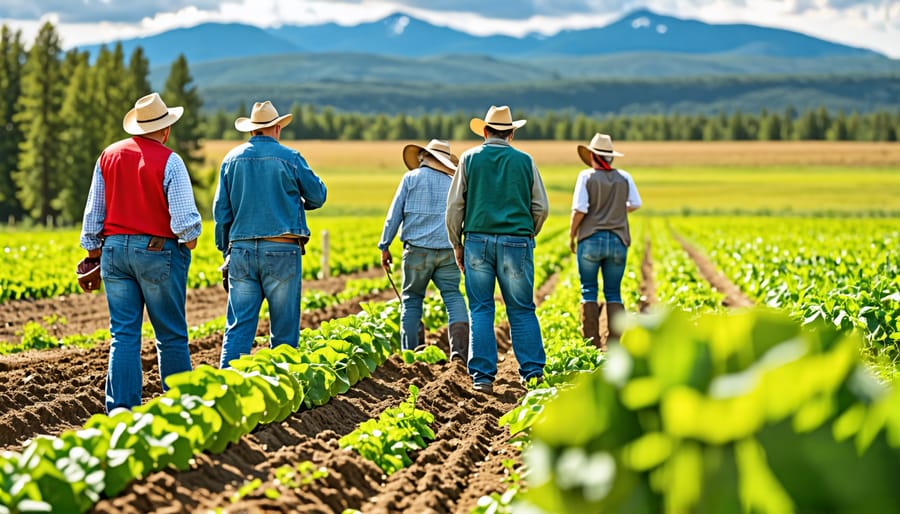
Expert Insights and Podcasts
Expert interviews and podcasts offer invaluable insights into the world of organic agriculture in Alberta. By featuring experienced farmers, researchers, and industry leaders, these resources provide a wealth of knowledge and inspiration for those looking to adopt sustainable practices on their own farms. Through engaging conversations and real-life examples, listeners can learn about the latest innovations, best practices, and success stories in organic farming.
One notable podcast series, “Regenerative Agriculture in Canada,” showcases the journeys of farmers who have successfully transitioned to organic methods and reaped the benefits of healthier soil, increased biodiversity, and improved crop yields. These inspiring stories demonstrate the potential for organic agriculture to create a more sustainable and resilient food system in Alberta and beyond.
Expert interviews also delve into the challenges and solutions specific to organic farming in the province, such as navigating local regulations, adapting to climate conditions, and building strong community networks. By sharing their experiences and advice, these experts empower farmers to overcome obstacles and thrive in their organic ventures.
Success Stories: Alberta Farmers Leading the Way
Farmer Profile 1
Meet John, a third-generation farmer from Lethbridge who has embraced organic farming practices on his 2,000-acre mixed crop and livestock operation. Driven by a desire to reduce his farm’s carbon footprint and improve soil health, John began transitioning to organic methods five years ago. He started by eliminating synthetic fertilizers and pesticides, instead relying on cover cropping, crop rotation, and composting to build soil fertility and manage pests. John also implemented no-till practices and planted diverse perennial pastures for his cattle, which helped to sequester carbon and reduce erosion.
The journey wasn’t without challenges, but John found support through Organic Farming, The Canadian Way, a platform connecting him with other organic farmers and providing valuable resources. By sharing knowledge and experiences, John adapted his strategies to suit his unique farm conditions. The results have been remarkable: improved soil structure, increased biodiversity, and reduced input costs. John’s cattle are thriving on the nutrient-rich pastures, and his crops are more resilient to drought and disease.
John’s story is a testament to the power of organic farming in combating climate change and promoting sustainable agriculture. His success has inspired other farmers in the region to explore organic methods, fostering a growing community of environmentally conscious producers in Alberta.
Farmer Profile 2
Meet Sarah Thompson, a third-generation farmer from Lethbridge who made the transition to organic farming five years ago. Since embracing sustainable practices, Sarah has not only seen a significant increase in profitability but also a surge in community support for her farm.
By focusing on soil health, crop rotation, and natural pest management, Sarah has reduced her input costs while producing high-quality, nutrient-dense crops. Her organic grains and vegetables have garnered a loyal following at local farmers’ markets and through community-supported agriculture (CSA) programs.
Sarah’s success story has inspired other farmers in the region to explore organic methods. She actively shares her knowledge and experiences through workshops and mentorship programs, fostering a sense of camaraderie and collaboration among Alberta’s organic farming community.
“Transitioning to organic farming has been a game-changer for my family and our farm,” Sarah explains. “Not only are we making a better living, but we’re also making a positive impact on the environment and our community. It’s incredibly rewarding to see more and more farmers embracing this way of life.”
Sarah’s journey exemplifies the potential for organic agriculture to revitalize rural communities and create a more sustainable future for Canadian farming. Her story serves as an inspiration for farmers considering the switch to organic practices.
Conclusion
In conclusion, organic farming plays a vital role in Alberta’s agricultural landscape, promoting sustainable practices that benefit both the environment and the health of our communities. As more consumers seek out organic products and demand for sustainable agriculture grows, it is crucial for farmers in Alberta to consider transitioning to organic methods. By embracing organic farming techniques, we can protect our soil, water, and biodiversity while producing nutritious food for generations to come.
Organic Farming, The Canadian Way, serves as a valuable resource for farmers looking to make this transition. Through its informative content, practical workshops, and supportive community, the platform empowers farmers to adopt organic practices with confidence. By connecting with like-minded individuals and accessing expert guidance, farmers can navigate the challenges and reap the rewards of organic agriculture.
We encourage all farmers in Alberta to explore the benefits of organic farming and consider how they can incorporate sustainable practices into their operations. Whether you are a seasoned farmer or just starting, Organic Farming, The Canadian Way, is here to support you on your journey. Together, we can build a thriving organic agriculture sector in Alberta, one that nourishes our land, our communities, and our future. Join us in embracing Organic Farming, The Canadian Way, and be part of the growing movement towards a more sustainable agricultural future in Alberta.

